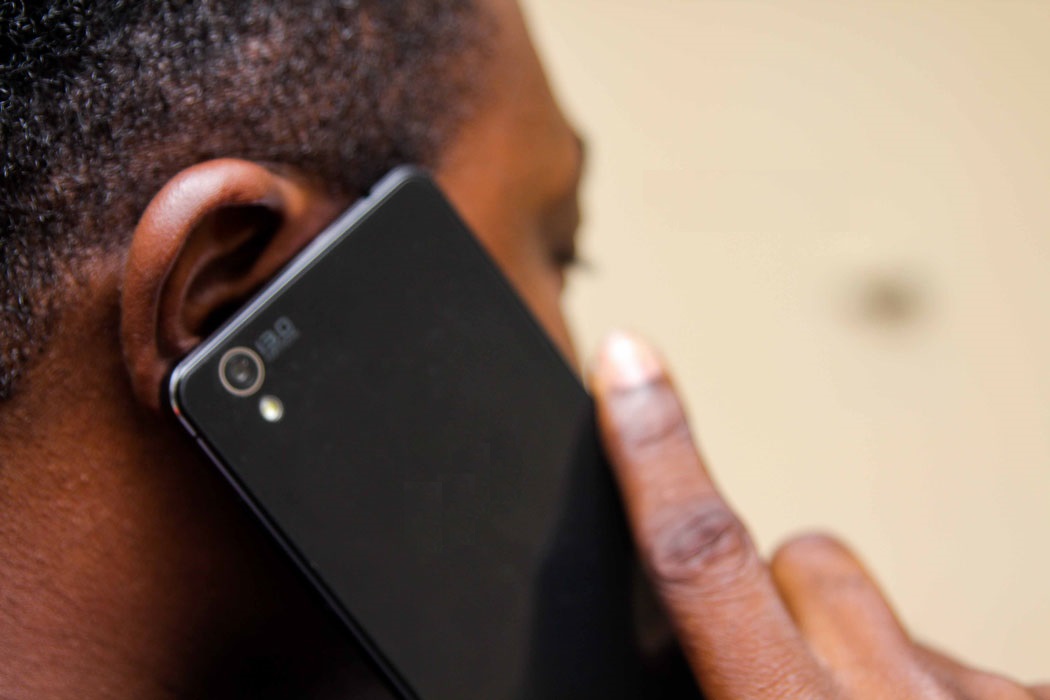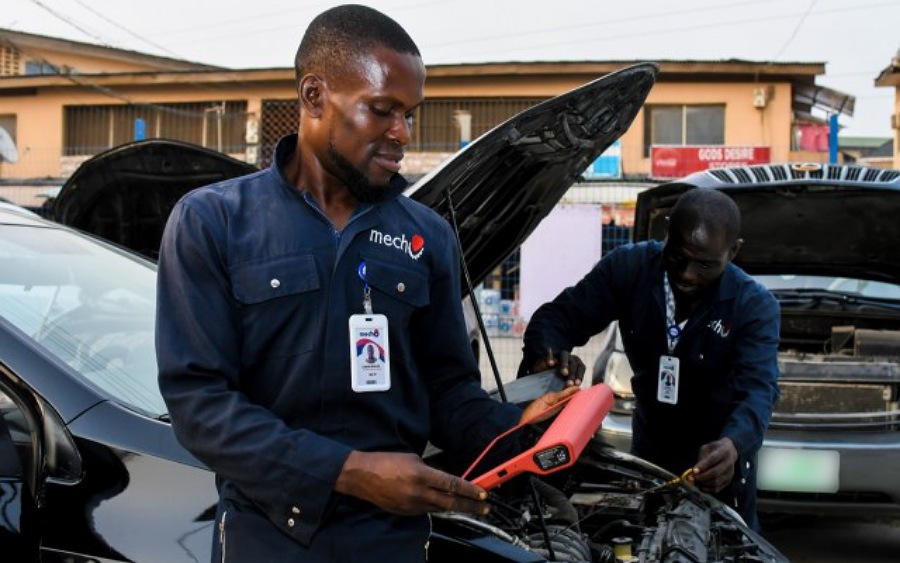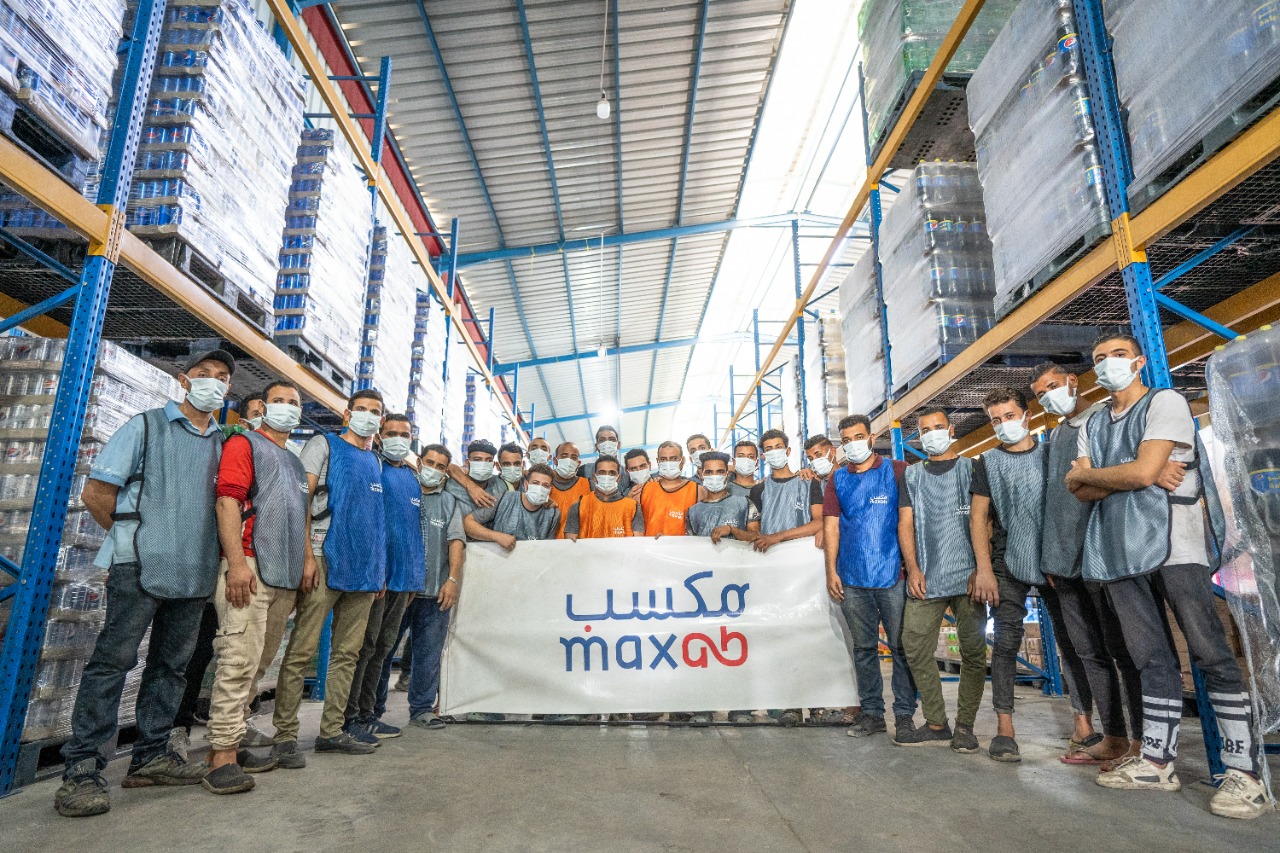Ola,
Victoria from Techpoint here,
Here's what I've got for you today:
- Building a lasting workplace culture
- Ethiopia's top bank recovers $10m from $14m glitch loss.
- Wasoko’s valuation slashed by almost half
- ByteDance shuts down LetsChat in Africa
Building a lasting workplace culture

In today's ever-changing work scene, companies are facing a serious reality check. The pandemic turned everything upside down, forcing everyone to rethink what it means to work. And one thing that's getting a major makeover is workplace culture.
You see, workplace culture isn't just about ping pong tables and casual Fridays. It's the heartbeat of a company, defining its identity through shared values and attitudes. But here's the kicker: many companies are realising that their old-school culture just isn't cutting it anymore.
Chibuzo Ihentuge-Eric, the Head of People and Culture at Bankly, puts it bluntly: workplace culture is the rulebook that dictates what flies and what flops at work.
And guess what? It's a big deal. Studies back this up, showing that companies with killer cultures rake in more dough, keep their employees happy, and even wow their customers.
But here's the real tea: not all companies are nailing the culture game. Some are stuck in the dark ages, with leaders who are more concerned about their own egos than their employees' well-being. Others are drowning in office politics or clinging onto outdated hierarchies.
Now, let's talk about the good stuff. A killer culture isn't just about free snacks and team-building retreats. It's about inclusivity, creativity, and being able to roll with the punches. But let's face it, adapting isn't easy, especially when the workplace rulebook is constantly changing.

Be the smartest in the room
Give it a try, you can unsubscribe anytime. Privacy Policy.
So, as the world of work keeps evolving, companies need to step up their culture game. But how do they do it? Get the lowdown on building a rock-solid company culture that lasts in Nifemi's latest insights. Check it out here.
Wasoko’s valuation slashed by almost half

VNV Global, a Swedish investment firm, has slashed the value of its investment in Wasoko, a Kenyan B2B eCommerce startup, by 48%.
According to the firm, Wasoko's fair value dropped to around $260 million by December 2023. This move happened when Wasoko announced its merger talks with MaxAB, an Egyptian counterpart.
But here's the kicker. In Q4 2022, VNV had valued Wasoko at a hefty $501 million. Consequently, the drop is a huge one within a year. And there were some complications with funding rounds along the way.
Wasoko raised $125 million in a Series B round in 2022 but only received $113 million. However, VNV invested $20 million in that round.
Now, VNV says it’s still holding onto its stake in Wasoko, even after the merger with MaxAB. Despite the recent reduction, it remains optimistic about the combined company's long-term prospects.
Wasoko has had its share of ups and downs. Founded in 2014, it’s grown steadily, expanding to multiple African markets and boasting a hefty customer base of over 200,000 retailers. But recent times have been tough, with layoffs, cost cuts, and closures becoming all too common.
But it’s not throwing in the towel just yet. It’s doubling down on profitability and focusing on Kenya, Rwanda, and the Democratic Republic of Congo.
Ethiopia's top bank recovers $10m from a $14m glitch loss

Remember this? A bank in Ethiopia loses $40 million to “systems glitch”
Well, initial reports suggested a loss of over $40 million, but subsequent investigations revealed a lesser amount — $14 million .
So, what’s new? The Commercial Bank of Ethiopia has managed to recover around $10 million of the $14 million it lost due to a glitch allowing customers to withdraw more money than they had in their accounts.
Abe Sano, head of the CBE, revealed on Tuesday that thousands of customers were voluntarily returning the cash. However, he warned that those who hadn't returned the money would face criminal charges.
What happened? When word of the glitch spread via messaging apps and phone calls on March 16, most of the money was taken out by college students, which resulted in lengthy lineups at campus ATMs.
Although the bank hasn't disclosed the exact nature of the problem, they assured customers that it wasn't due to a cyber-attack and that personal accounts were unaffected.
Several universities issued statements urging students to return any funds not belonging to them. Abe emphasised that the bank was cooperating with the police to hold customers accountable for their actions, as digital transactions are traceable.
ByteDance closes LetsChat in Africa

ByteDance has decided to pull the plug on LetsChat, an app once seen as a rival to WhatsApp and Telegram in Africa.
The Chinese tech giant officially shut down LetsChat on March 23, as confirmed in a note on its website. This decision came after LetsChat was removed from various app stores on February 26.
Why? The company decided to shut down LetsChat's operations in Nigeria to focus on other priorities. Despite investing three years and considerable resources in promoting LetsChat in Africa, the app faced significant challenges in competing with WhatsApp, which dominates the market.
ByteDance launched LetsChat in March 2021, offering young Africans a data-saving messaging platform. Despite efforts to promote the app, including hiring local teams, investing in promotion, and collaborating with popular African social media influencers, LetsChat struggled to gain traction.
By June 2023, LetsChat had over 5 million downloads on the Google Play Store, with the majority of downloads coming from Nigeria. However, the app faced difficulties in maintaining user engagement, with monthly average users declining over time.
LetsChat's struggles highlight the challenges faced by low-data messaging apps attempting to challenge WhatsApp's dominance in Africa.
In case you missed it
- South Africa's regulator launches investigation into CIPC after a system breach
- Telecom Egypt partners India's Tejas to improve local skills
- As fraud threatens Nigeria's fintech boom, collaboration and stricter compliance could save the day
- MTN contemplates tariff hike to regain $101 million in forex losses
- Zeeh Africa launches GSI-powered loan recovery solution in Nigeria
- Canva acquires UK’s Affinity to take on Adobe in the design market
What I'm reading and watching
- YouTube ordered to hand over data on people who watched specific videos
- Bible vs Quran - Character Comparison
- 3 rules for better work-life balance | The Way We Work, a TED series
Opportunities
- Seedstars has announced INFUSE 2024, a global invitation for innovative applications aimed at fortifying health systems against climate threats and improving immunisation delivery. Apply here.
- Explore this website to find multiple job opportunities in Data that align with your preferences.
- If you are a software engineer, creative designer, product manager, design researcher, or a techie looking for an internship role, please, check out this website.
Have a terrific Thursday!
Victoria Fakiya for Techpoint Africa.




















